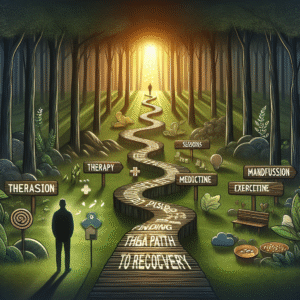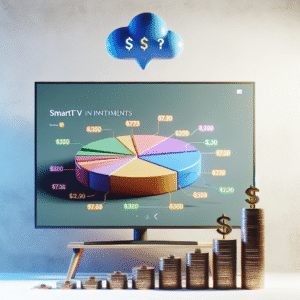Buying a house is often touted as the quintessential American dream. However, many potential homeowners overlook the additional expenses that come with a house purchase. If you’re considering taking the plunge into homeownership, it’s crucial to fully understand these new financial responsibilities. In this article, we’ll delve into the hidden costs associated with buying a house and outline the expenses you need to budget for before making that leap.
The Upfront Costs: Not Just the Down Payment
When you buy a house, the first thing that comes to mind is the down payment. However, that’s just the tip of the iceberg. Below, we highlight a few key upfront costs that you should prepare for:
Closing Costs
Closing costs can range from 2% to 5% of the loan amount and often include fees for:
- Loan origination
- Title insurance
- Appraisal fees
- Home inspection fees
Make sure you account for these costs in your budget. They can add up quickly and should not be overlooked.
Home Inspection Fees
A home inspection is crucial to unearthing any hidden issues with your potential new home. While it may feel like an additional expense, it can save you from potentially catastrophic and costly repairs down the line. Depending on your location and the size of the home, costs can range from $300 to $500 or more.
Ongoing Costs: Beyond the Mortgage Payment
Once you’ve moved in, your financial responsibilities don’t end. Here are some ongoing monthly and annual costs to consider:
Property Taxes
Property taxes are another essential expense that many first-time buyers underestimate. Depending on where you live, property taxes can be a significant part of your monthly payment. Research your local tax rates and make an informed estimate of what you’ll owe.
Homeowners Insurance
Having homeowners insurance is typically a requirement if you’re financing your home. This protects your home and belongings in case of disasters such as fire or theft. Premiums can vary widely based on location and policy coverage, so get multiple quotes.
Maintenance and Repairs
Owning a home means you’re responsible for all repairs and maintenance. On average, homeowners should budget around 1% of the home’s value per year for maintenance. This could include anything from lawn care to roof repairs or appliance replacements, so be prepared for the unexpected.
Utilities: More Than You Might Expect
New homeowners often forget about the utility costs involved in maintaining a home. When considering a house purchase, you should factor in:
Electricity, Water, and Gas
Utilities can vary depending on the size, location, and energy efficiency of your home. Before purchasing, ask the seller about average utility costs for the past year to better understand what to expect.
Internet and Cable
In today’s world, having internet service is non-negotiable. Research local providers and compare prices to account for this cost.
Garbage & Sewer Services
Don’t forget to include garbage and sewage service costs! These can be an additional monthly expense that can easily be overlooked during the home-buying process.
Homeowners Association (HOA) Fees: A Potential Surprise
If you’re considering purchasing a home within a community governed by a homeowners association, know that this will come with additional fees. HOA fees can cover maintenance of common areas, community amenities, and sometimes even certain utility services. Make sure to ask about these fees upfront, as they can range from modest to exorbitant.
Emergency Funds: A Safety Net for Homeowners
When budgeting for a new house, it’s wise to maintain an emergency fund. This fund should ideally cover three to six months’ worth of living expenses, including your mortgage payments. Owning a home often comes with unexpected costs, so having a financial cushion can save you from undue stress when emergencies arise.
Conclusion: Plan Wisely Before You Buy
Buying a home is an exciting journey toward stability and a sense of ownership, but it’s essential to do it thoughtfully. Understanding the various expenses you’ll incur—both upfront and ongoing—can make all the difference in your homeownership experience.
Before you say "Yes" to that dream house, take the time to calculate these costs and ensure you can genuinely afford them. It’s in your best interest to go into homeownership with your eyes wide open, ensuring that your dream home doesn’t turn into a financial burden. Remember, you’re not just buying a house; you’re investing in your future—so invest wisely!






